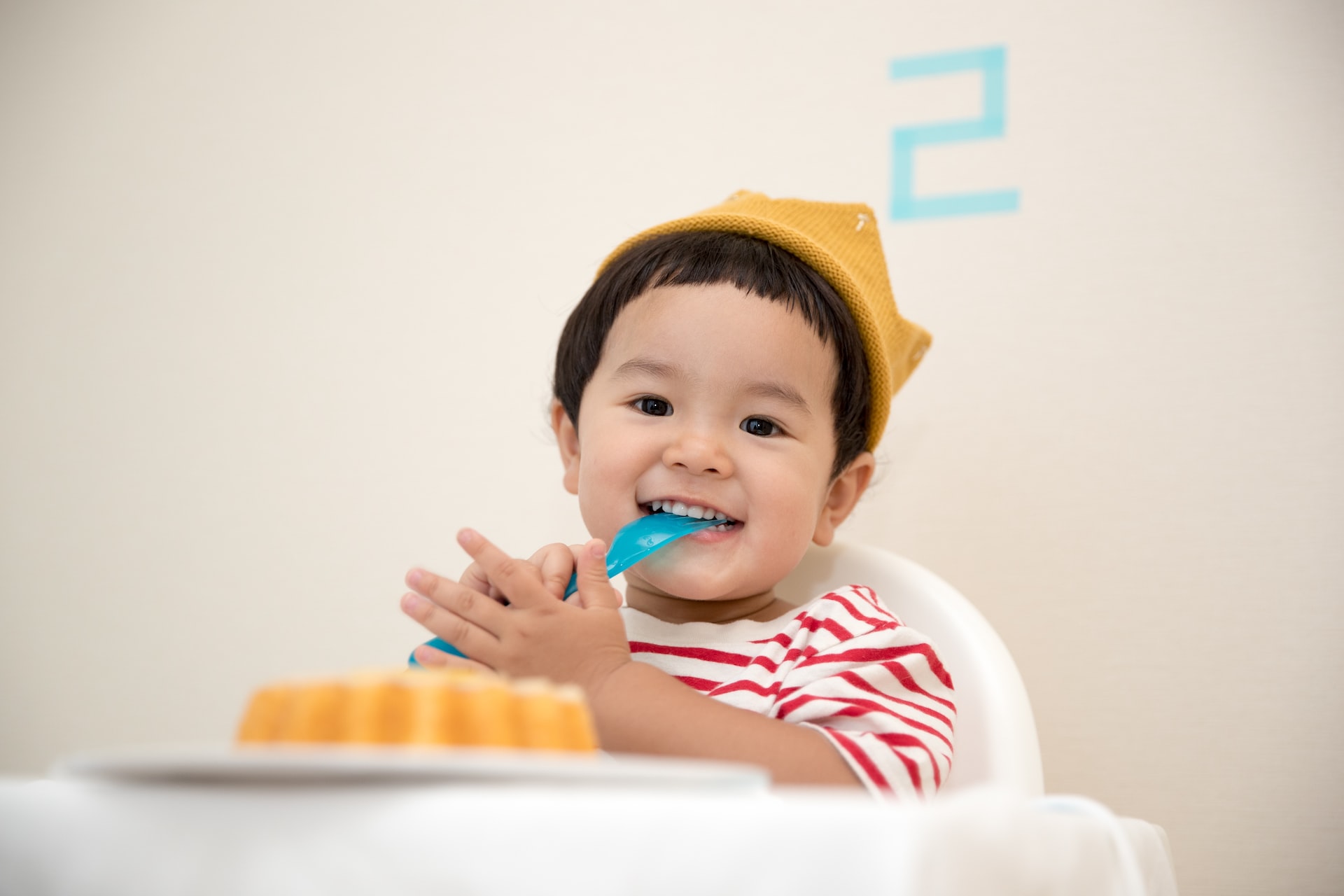
09 Oct When to Start Brushing Your Baby’s Teeth
You would think the answer to this question would be simply: “When they get one of course!” However, good oral hygiene starts from day one (well, you might be tired on day one so maybe more like day 3 or 10…). It might seem easy to push off oral care until they have all 20 of their pearly whites, but starting early (pre-teeth!) will make caring for a child’s mouth easier in the long run.
Why Brushing Your Baby’s Teeth Matters
According to the American Dental Association (ADA), the loss of baby teeth too early can create problems when permanent teeth grow in. Baby teeth help create space for permanent teeth to grow—when one is lost too early, a tooth may drift, causing teeth to grow in crooked, or cause tooth crowding.
Another reason brushing your baby’s teeth matters is that your child’s teeth aid in the development of speech patterns. Pain and irritation in their mouth can also affect the food they are willing to eat, which affects their health.
Starting good dental hygiene early will give your child the experience they need to feel confident and safe later on when it comes to caring for their teeth themselves. If you have an older child who has trouble brushing, consider some of our helpful tips!
Newborn Gum Care
Splendid oral care can start as soon as your baby is born. Use a dampened cloth around your finger to gently wipe your infant’s gums. Doing this twice a day will help remove excess milk and bacteria from their gums. Not only does this promote oral health it also prepares your baby to have their teeth brushed in the future.
Bushing Your Baby’s First Tooth
Many infants start to cut teeth between 4 and 7 months, and it can continue until they are 2 or 3 years old. Typically, they will be fussy as the tooth erupts from the gum line. Giving them safe things to chew on can reduce the pain, and help the tooth push through. Brushing once a day is about all they need until they are around 3 years old or have all their teeth. After that, brushing twice a day is recommended.
Picking a Toothbrush
When your baby’s first tooth appears it is time to start introducing a toothbrush. Any toothbrush with soft bristles and a small head will work. There are many different types, including some that light up and others that are also teething toys. When looking for toothbrushes, remember that you should replace a toothbrush every 2 to 3 months.
Picking Toothpaste
Fluoride or no fluoride and conventional or natural are the questions on most parents’ minds. There are so many different types of toothpaste on the market. Picking the best one is really a matter of preference. Most dentists agree that fluoride is important for children over the age of 1.
Here’s how to pick the best toothpaste for your child based on their age:
- 1 year and younger – Brushing with only a dampened brush is fine. Be sure to brush in little circles, and do every tooth! Letting your child practice brushing when you’re done will help them become professional toothbrushers in no time.
- 1 to 3 years old – Between 1 and 3 years old is a great time to switch to fluoride toothpaste. Only use a small amount, about the size of a tiny grain of rice.
- 3 years and up – Dentists recommend using a pea-sized amount of fluoride toothpaste at this age.
Pediatric Dental Care in Prescott, AZ
Good oral health is not limited to just brushing your teeth. To maintain your child’s teeth, they need a dental checkup every 6 months beginning when that first tooth pokes through or around their first birthday. Starting these visits early can help your child maintain a positive relationship with dental visits and with taking care of their teeth. At Hick’s Dental Group, we will work with you to keep your baby’s mouth healthy and their smile bright. Call us today to schedule an appointment.
Images used under creative commons license -commercial use (10/8/22). Photo by kazuend on Unsplash

